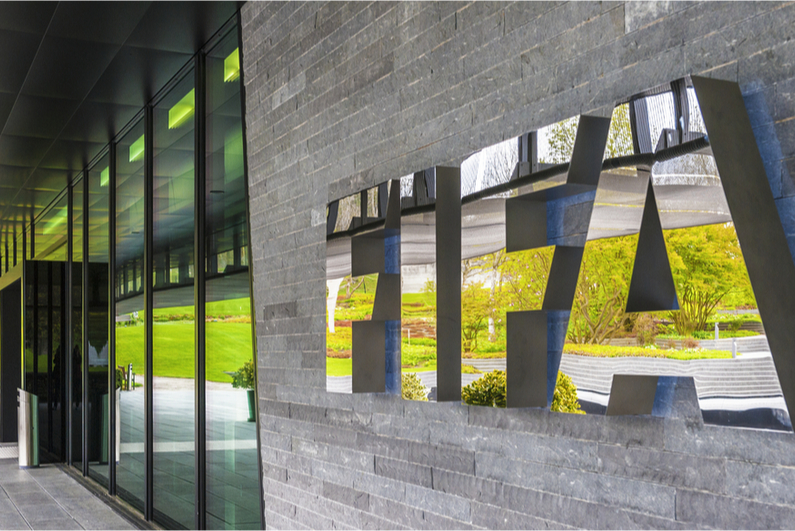Fight against corruption
FIFA has teamed up with the United Nations Office on Drugs and Crime (UNODC) to launch a campaign to raise awareness about match-fixing in soccer.
aims to highlight the confidential reporting platforms
They launched the campaign on December 9, International Anti-Corruption Day, with the goal to encourage the soccer world to speak out against match-fixing. The campaign also aims to highlight the confidential reporting platforms that the global soccer governing body offers.
Specifically, the goal is to raise awareness among players, officials, and coaches to make sure they report any approaches from potential match-fixers. People who want to submit a confidential report to FIFA’s integrity experts can do so on the governing body’s website, via e-mail, or by downloading the FIFA Integrity App.
Encouraging people to speak up
In the press release about the joint campaign, FIFA president Gianni Infantino spoke about how the two parties have an “absolute commitment and determination” to eliminate corruption and match-fixing in soccer. He wants those involved in the sport to have the confidence to speak about any integrity-related issues.
tackle match-fixing and keep sport fair for all”
UNODC executive director Ghada Waly touched upon how sports are very important to the well-being of people and that they have a crucial role to play in the economic and societal recovery from COVID-19. She said: “Working with governments, sports organizations and all stakeholders, we can build on the UN Convention against Corruption to tackle match-fixing and keep sport fair for all.”
In September, FIFA and the UNODC signed a Memorandum of Understanding which saw the two organizations join forces to fight crime and corruption within soccer.
Tough times in soccer
The continuing COVID-19 pandemic is having a major impact on soccer, as clubs are struggling financially from the lack of fans in attendance at matches. The ongoing economic uncertainty can lead to greater integrity risks among players and soccer clubs around the world.
Match-fixing is big business, with a recent Europol report stating that crime groups in Europe make about €120m ($145.7m) each year from the activity. The Global Lottery Monitoring System (GLMS) reported a significant rise in suspicious betting activity in the third quarter of 2020. The majority of this suspicious activity related to soccer.
In an effort to clamp down on match-fixing, Sweden’s gambling regulator, Spelinspektionen, is introducing new restrictions on betting. This includes not allowing betting markets on lower league matches and banning markets for rule violations, such as penalties and yellow cards.
